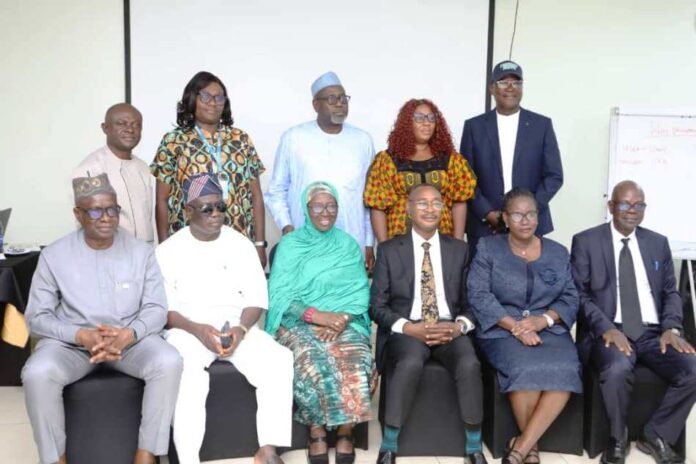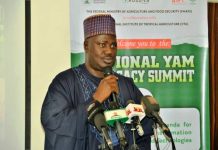
The Federal Government has reaffirmed its commitment to equipping Nigerians with practical, industry-relevant skills through the National Policy on Skills Development in Formal and Non-Formal Education — a core component of the Nigerian Education Sector Renewal Initiative (NESRI) championed by President Bola Ahmed Tinubu.
Speaking in Lagos at a sensitization and dissemination workshop for South zone the Honourable Minister of Education, Dr. Tunji Alausa, CON, represented by Dr. (Mrs.) Muyibat Olodo, Director of Technology and Science Education, said the policy is designed to produce skilled, innovative, and globally competitive citizens. It targets learners at all levels — from basic to tertiary — by integrating hands-on training, critical thinking, digital literacy, and vocational skills into curricula, while creating flexible pathways for out-of-school youths and adults.
Dr. Alausa outlined five priority areas for implementation: curriculum reform, teacher training, revitalization of Technical and Vocational Education and Training (TVET), expansion of non-formal education, and stronger public-private partnerships. He urged Commissioners of Education, SUBEB Chairmen, and other stakeholders to take ownership of the policy, mobilizing communities and the private sector to ensure nationwide success.
In his welcome remarks, the Permanent Secretary, Federal Ministry of Education, Mr. Abel O. Enitan, represented by Barrister Foluso Akinlolu, stressed the pivotal role of state-level actors in bridging the gap between education and employment. He praised UNICEF’s technical support and called for active stakeholder engagement to tailor the policy to local realities.
The Director Technology and Science, Mrs. Olodo further explained reforms in TVET under the Nigerian Skills Qualification Framework (NSQF) and NESRI, focusing on curriculum review, teacher capacity building, and data-driven planning through the Nigerian Education Data Initiative (NEDI). She highlighted programmes for reintegrating out-of-school children, embedding technical and soft skills, and ensuring both public and private schools benefit, supported by funding and partnerships with AfDB, World Bank, and other development partners.
The Executive Secretary of the Nigerian Educational Research and Development Council (NERDC), Professor Salisu Shehu, represented by Dr. Chima Egbujuo, noted that the competency-based curriculum approach embeds both subject-specific and generic skills — including communication, collaboration, and digital literacy — to produce functional, innovative, and socially responsible citizens.
Prof. Idris M. Bugaje, Executive Secretary of the National Board for Technical Education (NBTE), represented by Engr. Suleiman Yusuf, lauded the policy for promoting early skills training to address skills mismatch, limited opportunities, and low industry engagement, calling for stronger multi-sector collaboration.
UNICEF’s Chief of Education, Vanessa Lee, represented by Ms. Yetunde Oluwatosin, reaffirmed the organisation’s support for the policy rollout. She stressed the need to move from rote learning to practical application and emphasized the importance of sustained investment in teacher training, adequate facilities, and accessible learning materials. She expressed optimism that with strong partnerships and focused action, the skills-based curriculum will transform Nigeria’s education system and drive sustainable national development.
The Federal Ministry of Education is optimistic that the policy’s implementation will deliver transformative improvements to Nigeria’s skills development landscape.
Signed
Folasade Boriowo
Director, Press & Public Relations





